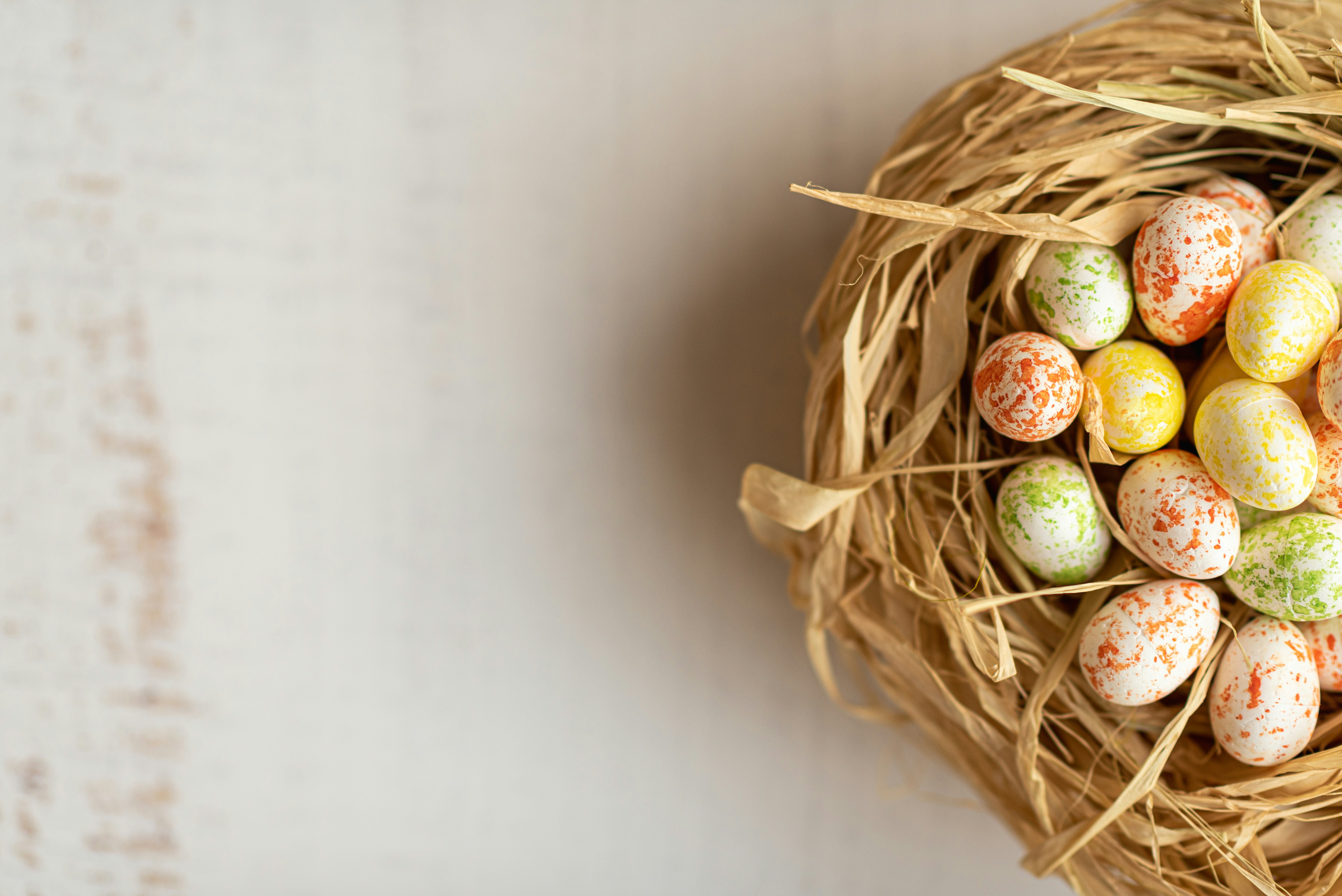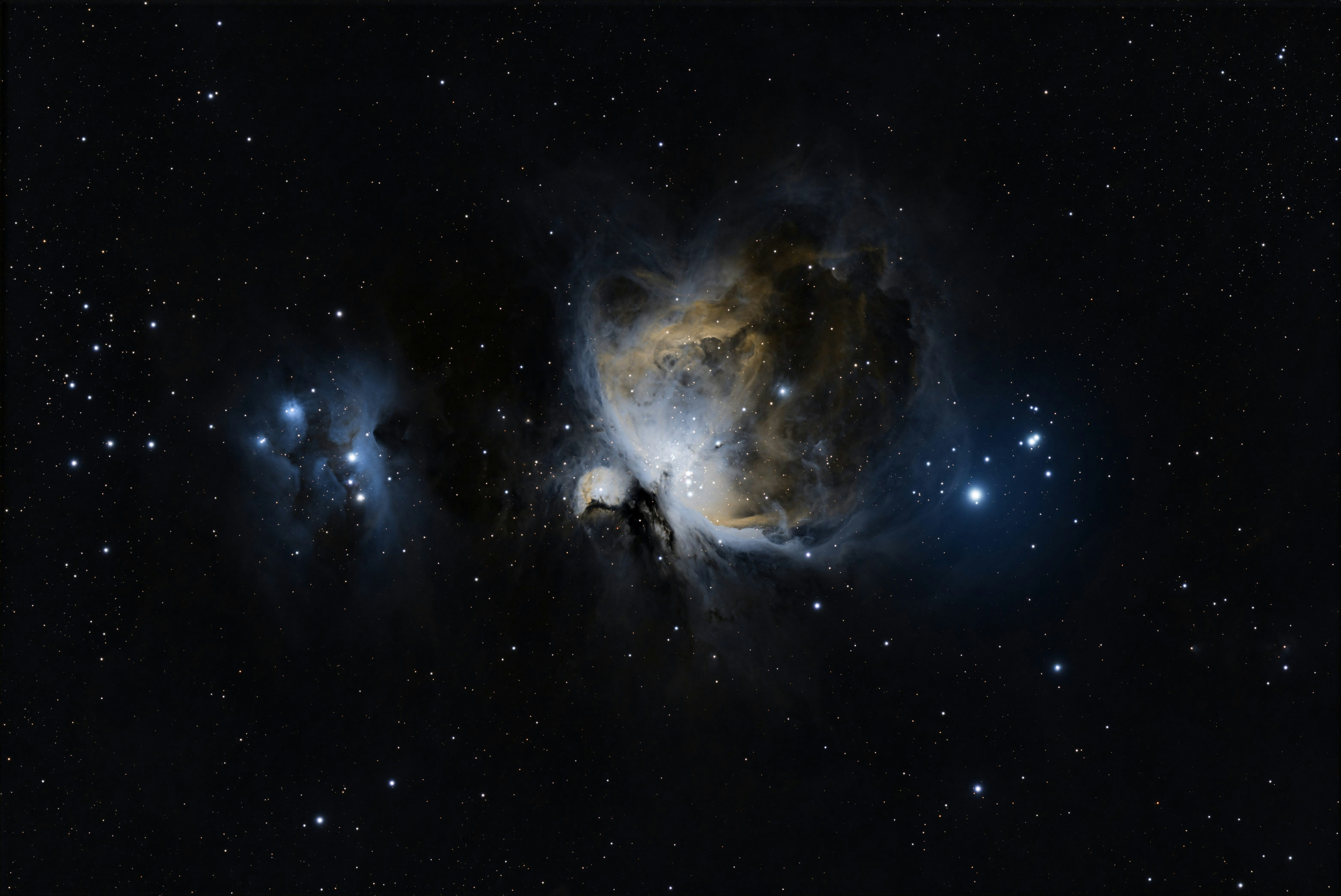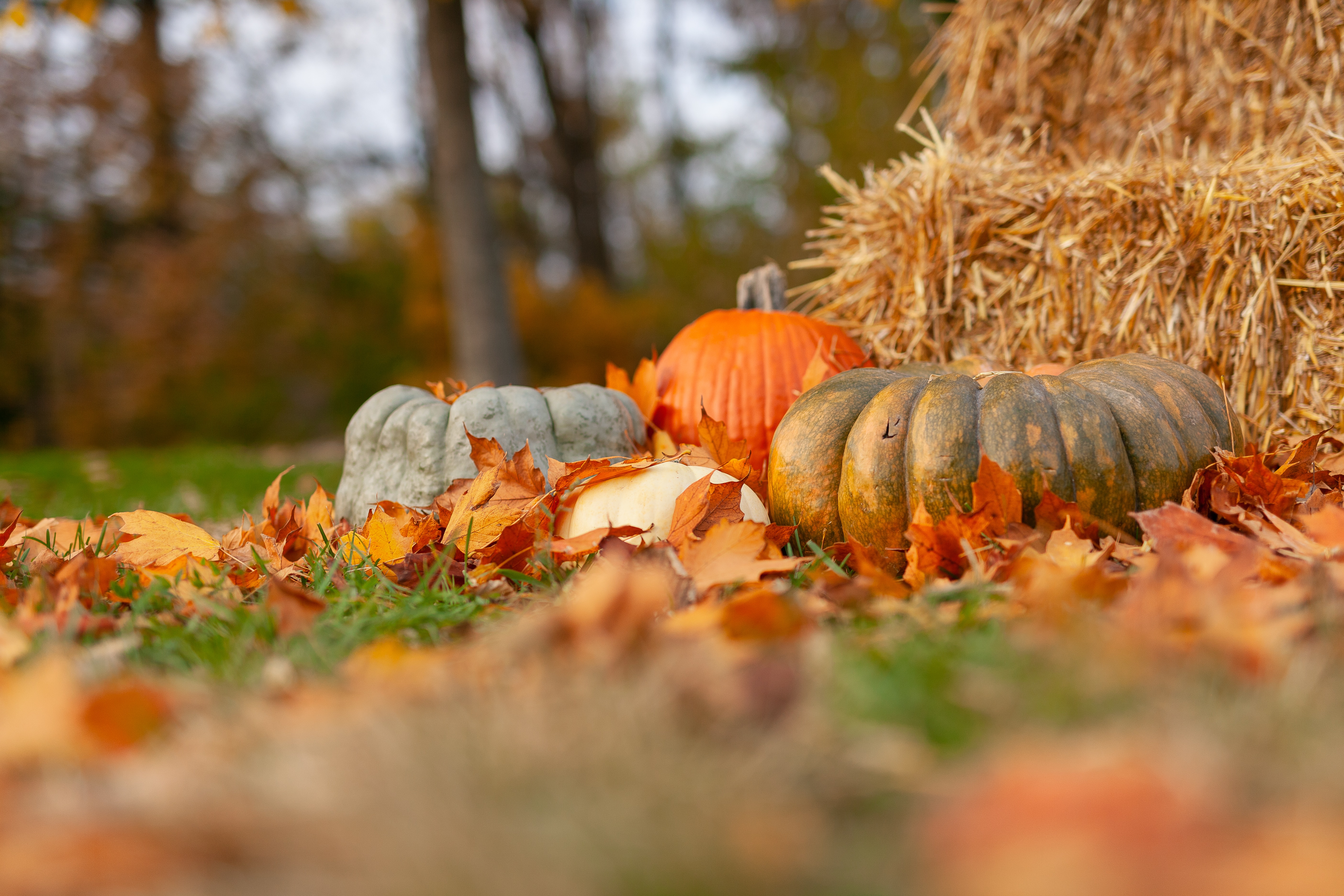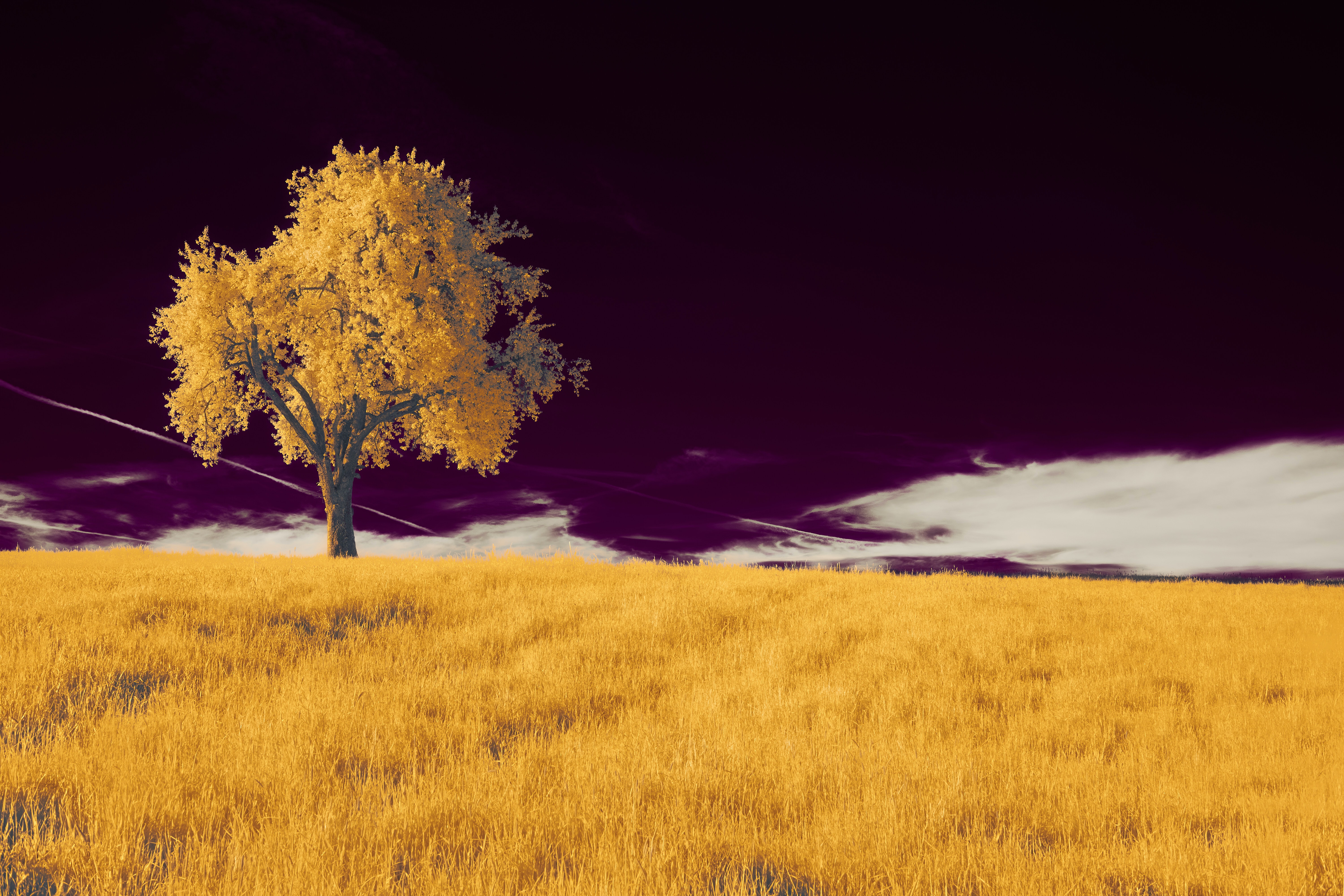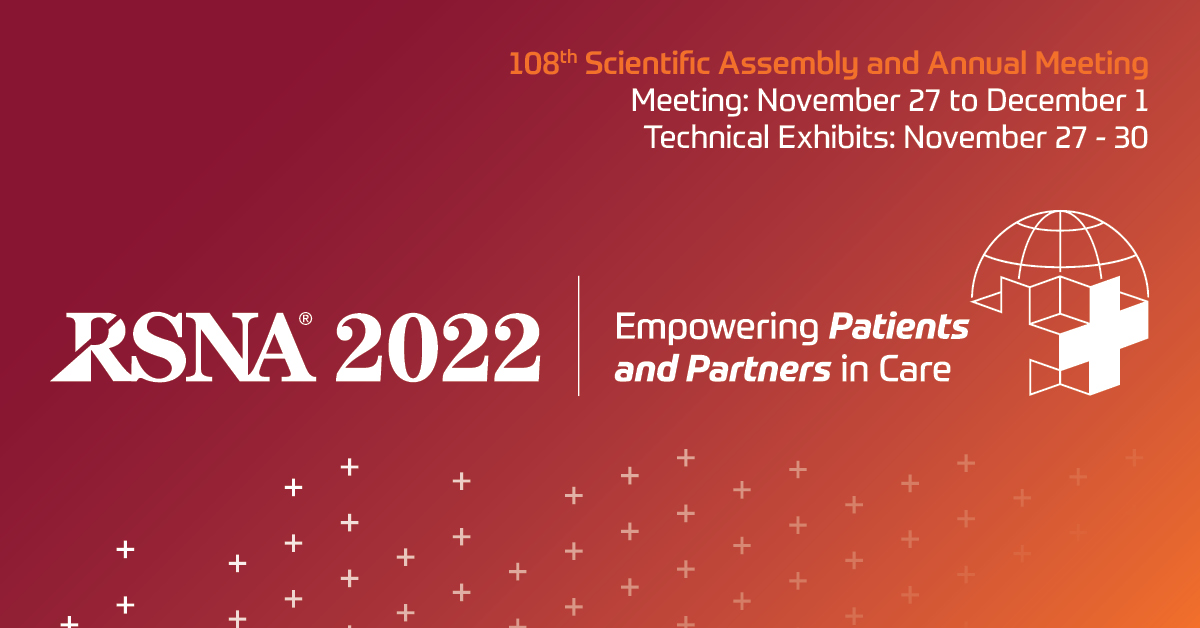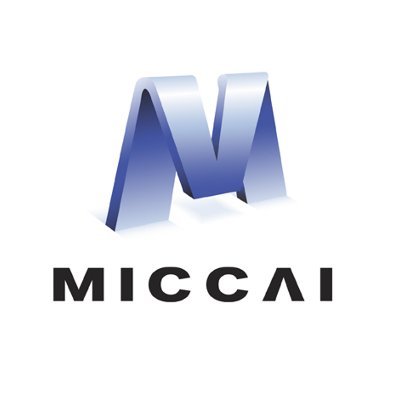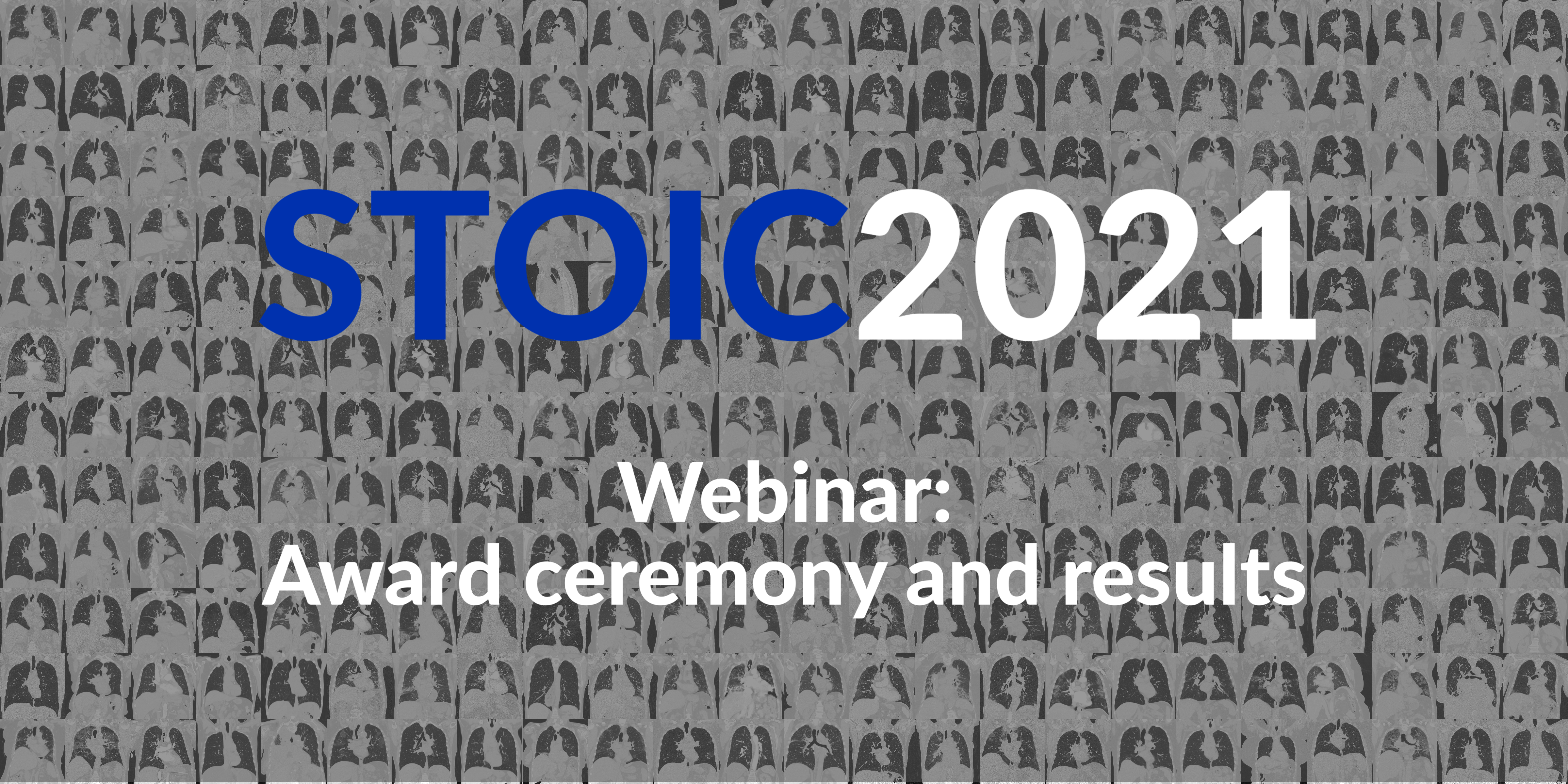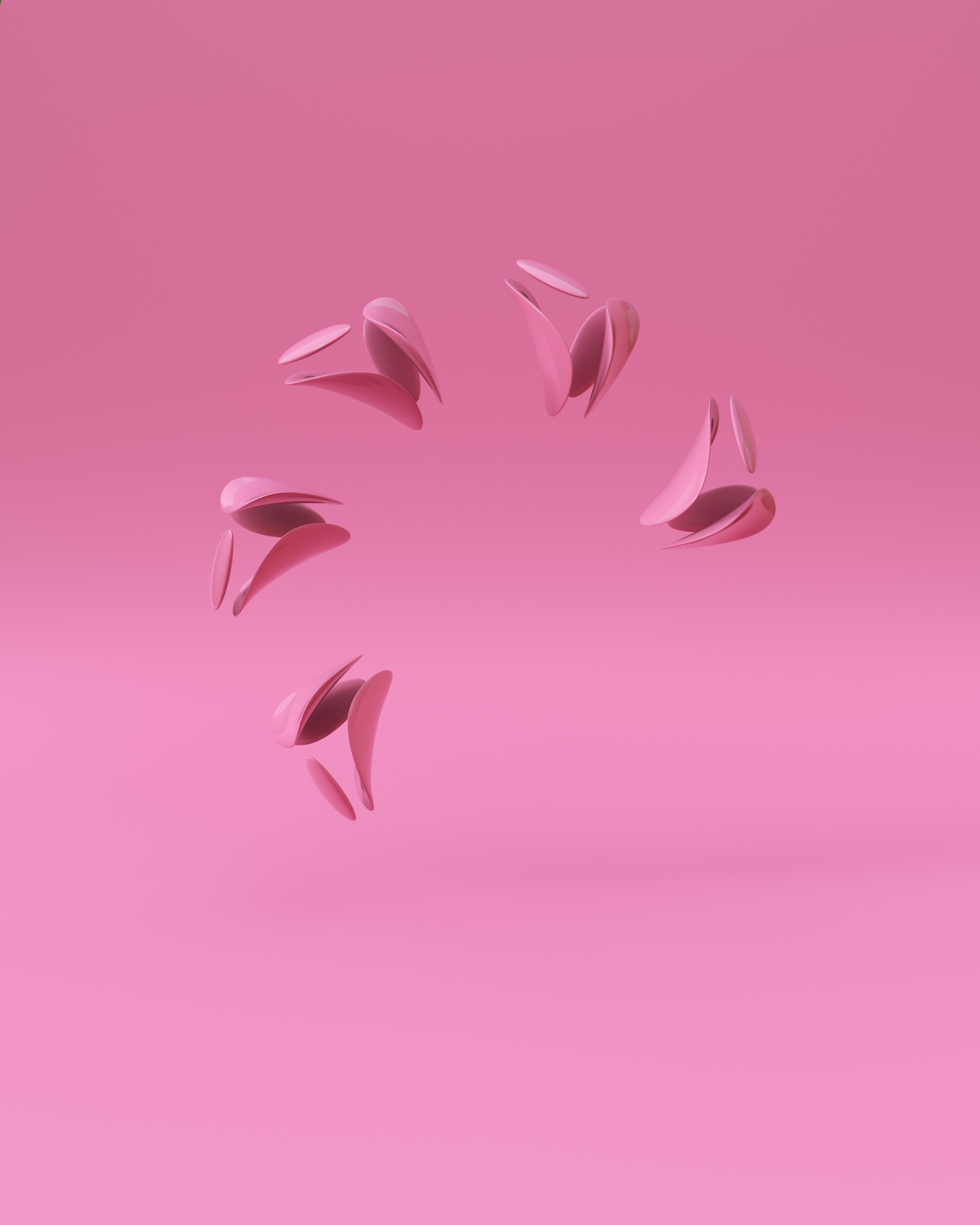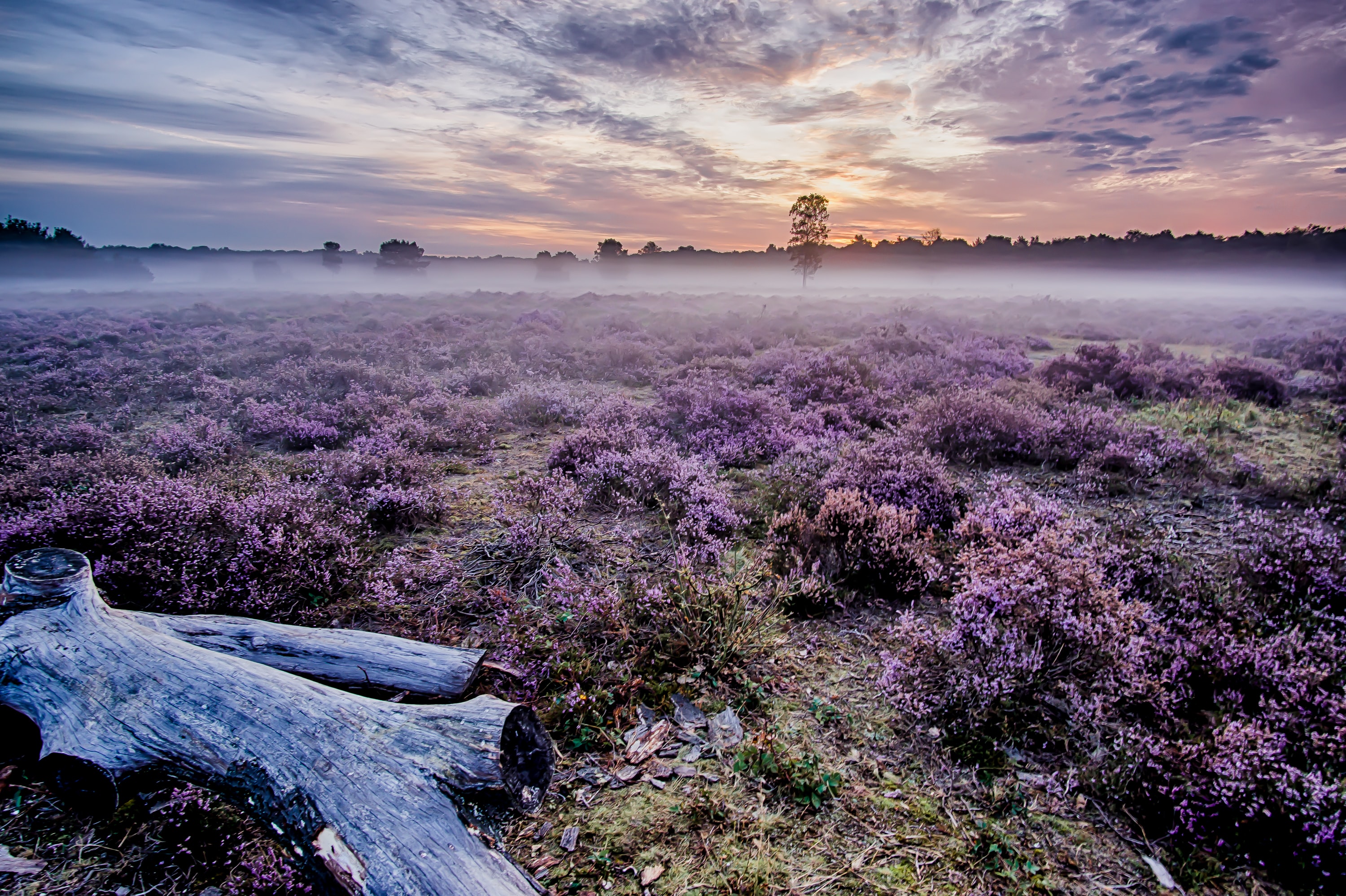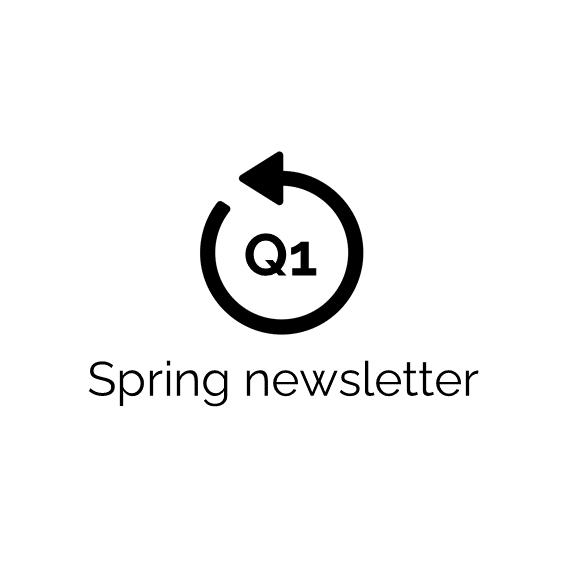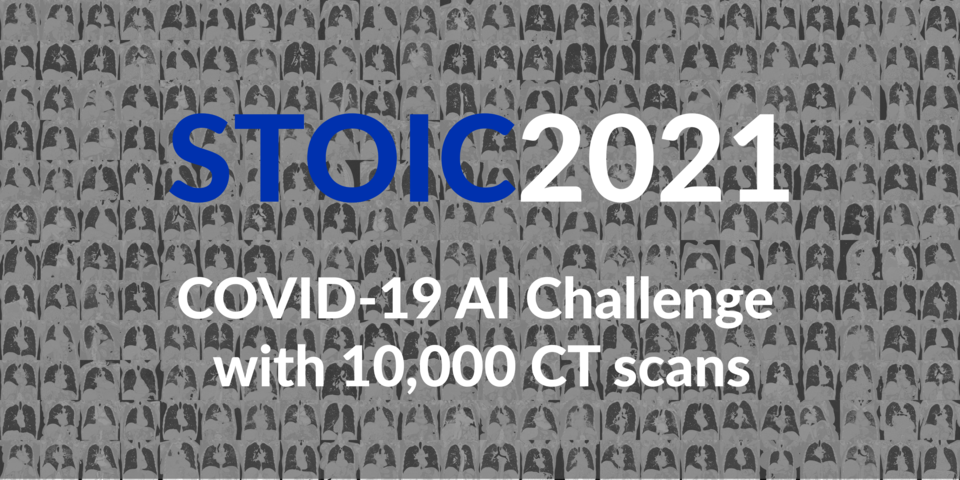Filters included 39 of 63 total posts
February 2026 Cycle Report
5 Feb. 2026 by Miriam Groeneveld
The February cycle was spent on general improvements and preparations for upcoming features. Read about the details in this blogpost.
December 2025 Cycle Report
5 Jan. 2026 by Miriam Groeneveld
The December cycle was spent on finishing off some open issues, fixing some pesky bugs, and starting work on two issues that should improve the user experience. Read more about it in this blog post
November 2025 Cycle Report
25 Nov. 2025 by Miriam Groeneveld, James Meakin, Chris van Run, Harm van Zeeland, Paul K. Gerke and Thomas Koopman
DICOM support will go live soon, as all required features are implemented to use and view DICOM throughout the platform. This means DICOM can be used in Archives, Reader studies, Challenges and Algorithms in their original format. Read all about the details in this blogpost.
October 2025 Cycle
24 Oct. 2025 by Miriam Groeneveld, Paul K. Gerke, James Meakin, Chris van Run, Thomas Koopman and Harm van Zeeland
This cycle the work on supporting DICOM in our entire stack has continued. We have worked on de-identifying, uploading, viewing and provisioning DICOM, and this work will continue in the next cycle as well. We have fixed some bugs introduced in our last release, read all about it in our blogpost.
September 2025 Cycle
16 Sept. 2025 by Miriam Groeneveld
The holidays are over, and MICCAI 2025 is on our doorstep. This year, we are happy to announce that two of our team members will be present at MICCAI to give a tutorial on hosting a challenge on Grand Challenge. The RSE-team has been busy the past cycle with the preparations for this tutorial and support for all the amazing challenges that were hosted on our platform. Besides that, the past two cycles a lot of work has been put into native DICOM support. Read all about it in this blog post.
July 2025 Cycle Report
10 July 2025 by Miriam Groeneveld and Paul K. Gerke
This cycle, we have enabled auto-save in our reader studies, updated our documentation page, and made the first steps towards adding support for native DICOM data.
April 2025 Cycle Report
28 April 2025 by Miriam Groeneveld
During the April cycle, the RSE-team has worked on the reader study feature. We implemented budget caps for those reader studies that use interactive algorithms, thereby protecting us and our users from run-away costs. Participants in educational reader studies can view how well they did compared to other readers in the leaderboard section. Our client-side pathology viewer was missing a scalebar, so we added one this cycle. Read about these changes and more in our blogpost!
March 2025 Cycle Report
24 March 2025 by Miriam Groeneveld
This past cycle, the RSE-team worked on enabling parameterisation of evaluations. This allows challenge organisers to test different evaluation options while re-using the inference results of the algorithms submitted as solutions to the challenge, minimising time and costs. We are giving challenge organisers insight into their issued and paid invoices, and have automated reminders for the unpaid invoices. Anne and Chris hosted another successful challenge workshop, and we'll release recordings from that workshop soon, in case you weren't able to attend. In our viewer, we have added options to use mask-growing tools, optimising workflow for segmentation tasks. Read the full blogpost for videos and additional information on these features.
February 2025 Cycle Report
18 Feb. 2025 by Miriam Groeneveld
We are really happy to announce a new feature that allows optional inputs for algorithms. Until now, Grand Challenge algorithms required users to provide all inputs and receive all outputs. However, inputs often vary in real-world scenarios, and some algorithms can make meaningful predictions with just a subset of inputs. To address this, we've introduced optional inputs in this cycle, allowing algorithms to handle cases with varying or incomplete data, making the platform more flexible and adaptable. Our challenge organisers will benefit from our new task list feature, which will show what the next step in their challenge set-up is. We hope this will make your experience of hosting your challenge on our platform even better! We have also resolved some performance issues throughout the application, to provide a smooth and responsive experience.
December 2024 Cycle Report
9 Dec. 2024 by Miriam Groeneveld, Anne Mickan, Chris van Run, James Meakin and Paul K. Gerke
In the past cycle, we have implemented a new pricing schema, to give challenge organizers more control over their costs. We also expanded the number of supported GPU's for both challenge organizers and algorithm owners. Read the blogpost for more details and to find out about other improvements on our platform.
November 2024 Cycle Report
5 Nov. 2024 by Miriam Groeneveld, Chris van Run, Paul K. Gerke, Anne Mickan, James Meakin, Ammar Ammar and Thomas Koopman
This cycle the RSE-team has made it easier to create a grand-challenge ready algorithm container by providing an example pack, catered to your algorithm. We made some changes to our markdown editor, to ease the creation of writing custom pages for your challenge. And preparations are in full swing for our first challenge workshop this Thursday. Read all about it and more in our blogpost!
September 2024 Cycle Report
1 Oct. 2024 by Chris van Run and Miriam Groeneveld
Introducing Interactive Algorithms & Enhanced Signup Features! We are excited to announce a new, groundbreaking feature: interactive algorithms! This feature allows readers to use algorithms in the context of a reader study. By calling on these algorithms for assistance, you can enhance both the speed and accuracy of your annotations. We’ve also enhanced the signup process for challenges. You can now gather more detailed information from participants at the point of registration, making it easier to tailor your challenge to specific needs and ensure the best possible engagement. To dive deeper into how these new features can benefit you, check out the full details in the blog post.
July 2024 Cycle Report
22 July 2024 by Paul K. Gerke, Anne Mickan, Ammar Ammar and Harm van Zeeland
In July we developed a new feature for Cirrus which allows editors to load registration data for images in the viewer. We included support displacement fields and affine transform registrations. These can be assigned to images using the view-content section in reader studies, archive items, or algorithms.
June 2024 Cycle Report
21 June 2024 by Miriam Groeneveld and Chris van Run
In this cycle, we introduced the capability to update containers and models separately for both Evaluation methods and Algorithms, streamlining and accelerating the process of updating your model or ground truth. For challenges utilizing multiple metrics, you now have the flexibility to exclude specific metrics from the ranking method while still displaying them. The Archive item detail page has been revamped, providing more information on the associated content and algorithm jobs. We also added a status page that displays the various components of grand-challenge.org and indicates if any component has issues. In our viewer, we implemented labeling and highlighting of annotations within the client-side viewer. If you often struggle to locate point annotations in 3D images, you can now enable a bounding box rendition around these points, enhancing their visibility from all orientations.
May 2024 Cycle Report
13 May 2024 by Miriam Groeneveld
With this release, we introduce dependent phases as part of a Challenge. This is a gate-keeping feature, where submissions to a phase are only possible following a succesful submission to a parent phase. We now provide the option to name display sets and archive items, to ease identification. We extended the functionality and squashed bugs in the client-rendered pathology viewer, making it a fully-supported feature of our platform. And last, when viewing an algorithm result in Cirrus, you can easily link back to the correct algorithm result on Grand Challenge. Read the blog for more details!
April 2024 Cycle Report
8 April 2024 by Miriam Groeneveld and Chris van Run
This cycle, the RSE team has extended the usability around images with a time component. Where before, you only had the option to select different time frames, you can now play as if the image was a video. You can set playback to once or continous, have the video loop or play in ping-pong style, and you can set the playback speed. For 3D images, we have added a configuration option that allows you to set the initial slice on which an image should be shown. A configuration option in your profile now supports instant email notifications, which is useful when you want to be notified of failed image uploads or other issues instantly, rather than once a day. We also further extended the support for annotating images in our client-side pathology viewer.
March 2024 Cycle Report
4 March 2024 by Miriam Groeneveld
The end of the March Cycle will bring you some shiny new features in both Grand Challenge and our viewer. In Reader Studies, you can now send direct messages to your readers. We added an option to Reader Study questions that allows you to verify that a user intentionally left an answer blank. We added support for viewing PDF and Vega Lite charts in dedicated view items, giving you full control over the data displayed in your Reader Stusy, Archive or Algorithm results. We also extended the support for Three-point angle annotations, added to Reader Studies last cycle, to be used in Archives and Algorithm results. Read the blog for more details!
January 2024 Cycle Report
29 Jan. 2024 by Miriam Groeneveld
The RSE team started the year with exciting updates! We've shifted algorithm job and challenge evaluation execution to Amazon SageMaker Training, removing one-hour time limits for algorithms. Editing and creating display sets is now easier, reducing reliance on our API. Cirrus now supports seamless display of videos, thumbnails, and text alongside medical images. We've improved 3D image display, eliminating the need to navigate after changing orientation. In educational reader studies, we introduced an "Instant Verification" option for faster participation. Users can now set default colors for reader study questions. Check out our blog for more details on these enhancements!
December 2023 Cycle Report
3 Jan. 2024 by Miriam Groeneveld
Our latest blog post brings thrilling enhancements to boost your experience! Challenge editors can open submission logs for direct participant access. The revamped pathology viewer now supports overlays with LUT support. Algorithm pages showcase Challenge performance insights, and job limits extend beyond one hour. To ensure responsible use, algorithm editors now face restrictions. Discover the efficient 3-point angle annotation for a more user-friendly approach. Dive into the blog for a closer look at these game-changing updates!
November 2023 Cycle Report
27 Nov. 2023 by Miriam Groeneveld, Paul K. Gerke, Chris van Run, Harm van Zeeland, James Meakin and Anne Mickan
This cycle we continued our work on the client-side pathology viewer. We also implemented a first version of a Intensity-over-time chart feature. For challenge organizers, it is now possible to send messages directly to their participants! Check out the blog for these features and more!
October 2023 Cycle Report
16 Oct. 2023 by Miriam Groeneveld, Paul K. Gerke, Chris van Run, James Meakin and Harm van Zeeland
In this cycle, we worked on improving the performance of our reader studies, enabled setting the viewing depth of annotations in 3D images, and continued our work on the client-side pathology viewer. One of our team members attended Miccai 2023 to meet with challenge organizers and receive feedback. Read the blog for more details!
September 2023 Cycle Report
12 Sept. 2023 by Miriam Groeneveld, Chris van Run, Paul K. Gerke and Harm van Zeeland
This cycle, the RSE team dedicated significant efforts to support various MICCAI 2023 challenges. Additionally, we enhanced the Cirrus viewer's usability, enabling seamless switching between different hanging protocols within the viewer. Furthermore, we addressed a prior issue, reinstating the functionality to switch between the polygon and mask editor. In the context of mask creation, we introduced a new feature allowing you to conveniently hide the annotation you're editing for accuracy verification using a straightforward keybinding. Explore our latest blog post for more details!
August 2023 Cycle Report
10 Aug. 2023 by Miriam Groeneveld, Paul K. Gerke and Chris van Run
This cycle the RSE team has started working on a new, experimental feature: Implementing a client-side viewer, for now specifically for pathology images. This should provide a faster, more responsive experience when viewing these images. Furthermore, the GitHub repository integration has been improved and bugs squashed. Challenge organizers can now combine results from different phases to create an overall leaderboard. Finally, we have added support for viewing overlapping semantic segmentations.
July 2023 Cycle Report
13 July 2023 by Miriam Groeneveld and James Meakin
This cycle we have brought some new additions to the reader study questions, check it out!
May 2023 Cycle Report
30 May 2023 by Miriam Groeneveld
This cycle, the RSE team has made improvements for pathology. It is now possible to upload DICOM-WSI files, they will be converted to tiff. Segmentations as tiff files are now supported and will be validated according to the segmentation interface. The annotation statistics plugin has had an overall make-over, with progress bar and caching improving general usability. Other features include a 3D brush for creating and editing masks, and improvements to the admin page for challenge organizers.
March 2023 Cycle Report
20 March 2023 by Chris van Run and Miriam Groeneveld
Cycle report of the research-software engineers of March 2023, including: more statistics on Grand Challenge, updated algorithm-job permissions on Grand Challenge, upgrade the CIRRUS backbone MeVisLab version to v3.6, added a new reader-study workflow for accepting and rejecting findings in both CIRRUS and Grand Challenge.
January 2023 Cycle Report
15 Feb. 2023 by Miriam Groeneveld
This cycle work was done to make algorithm result viewing faster by reusing Cirrus sessions. We also made it possible to select existing images for trying out an Algorithm, creating a Display Set in Reader Studies and creating Archive Items.
December 2022 Cycle Report
10 Jan. 2023 by Miriam Groeneveld and Chris van Run
In this year's first release, we added the option to reuse existing images to run an algorithm on or create an archive item or display set. Previously this was only possible with the python client. We extended our annotation types with the ellipse annotation, to be used in Reader studies or Algorithms. Under the hood, we are working on improving the viewing of pathology images, making them faster and more error-proof. To improve the reliability and ease of use of the GC-API client, we have added retries to certain requests in the client. This should reduce the number of errors that need to be handled by the user.
November 2022 Cycle Report
29 Nov. 2022 by Miriam Groeneveld
A new tool and some bug fixes for the viewer in this cycle, while most effort has gone to the development of Grand Challenge Connect, presented at RSNA! A lot of interesting and exciting developments, so make sure to check out the dedicated blogpost.
Grand Challenge at RSNA 2022
23 Nov. 2022 by James Meakin
Radboudumc will be at RSNA to present the latest developments of Grand Challenge, building on Amazon HealthLake Imaging. Visit us for a hands-on demo at the AWS Booth (6758) between 27-30 November 2022 at McCormick Place in Chicago.
October 2022 Cycle Report
1 Nov. 2022 by Miriam Groeneveld
A relatively small update as we are working hard on something new and exciting, which will be revealed next cycle!
How to run a challenge? MICCAI webinar on Oct 25th 2022
20 Oct. 2022 by Anne Mickan, Kiran Vaidhya Venkadesh and Bram van Ginneken
The MICCAI Special Interest Group (SIG) for Challenges is hosting a webinar on How to run a challenge? on Oct 25th, 2022 at 1 pm GMT. Bram van Ginneken, Kiran Vaidhya Venkadesh, and Anindo Saha will present how to use Grand Challenge for organizing high-profile challenges. Jake Albrecht from Sage will present tips for challenge organizers on how to define a successful community challenge. Join us! Free registration is available at https://bit.ly/BIAS1025
STOIC2021 results webinar
12 Oct. 2022 by Luuk Boulogne and Bram van Ginneken
On October 18th at 3pm CEST, the winners of STOIC2021 will receive their prizes and present their solutions!
September 2022 Cycle Report
26 Sept. 2022 by Miriam Groeneveld
Highlights include the addition of an angle tool, a rotate tool for pathology images and displaying probability scores for annotations.
August 2022 Cycle Report
22 Aug. 2022 by Miriam Groeneveld
Highlights include the option to send an algorithm result to a reader study, using non-image type values in reader studies, the option to send feedback and more.
June 2022 Cycle Report
8 Aug. 2022 by Miriam Groeneveld, Chris van Run, Harm van Zeeland, James Meakin, Paul K. Gerke and Anne Mickan
Highlights include improvements in type 2 challenge submission workflow, creating non-binary masks, adding static annotations to reader studies and more.
May 2022 Cycle Report
5 July 2022 by Miriam Groeneveld, Harm van Zeeland and Chris van Run
Highlights include viewing a reader's answers, providing default answers for questions in a reader study, starting a reader study at a specific display set and more.
Spring Newsletter 2022
11 April 2022 by Megan Schuurmans, Anne Mickan, Joeran Bosma, Kiran Vaidhya Venkadesh, Bram van Ginneken, Khrystyna Faryna and Daan Schouten
Hi all! With this newsletter we want to update you on all progress made for Grand Challenge: new features, interesting new blogposts and algorithms, upcoming challenges and the leaderboards of finished challenges.
Can you predict who will develop severe COVID-19 from a chest CT scan?
16 Dec. 2021 by Bram van Ginneken, Alexander Lemm, Luuk Boulogne and Anne Mickan
Last week, we opened STOIC2021: A COVID-19 AI challenge with 10,000 CT scans. Together with its participants, we aim to find the best solution for predicting who will develop severe COVID-19 from a chest CT scan. We will make the final solution easily accessible for everyone. In total, $20,000 in AWS Credits will be awarded to the winning teams.






